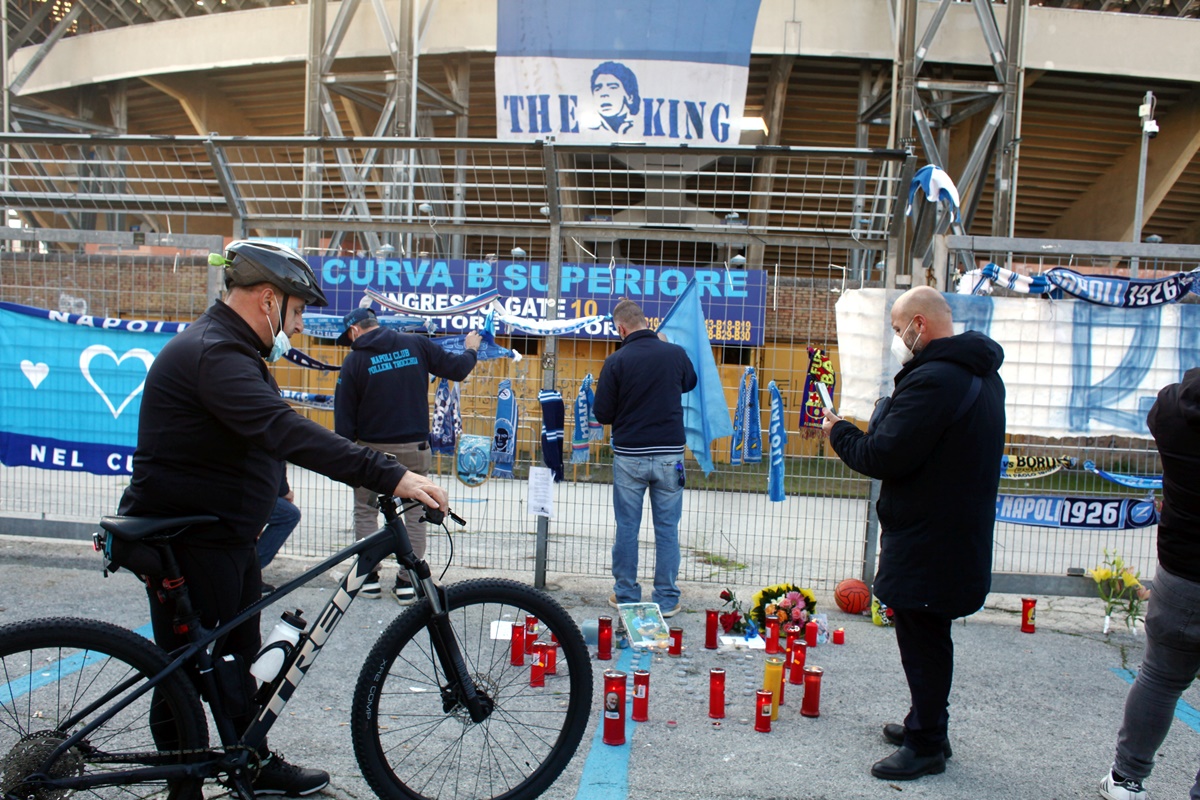Following the devastating explosion in the port of Beirut on August 4th, Italy has joined the ranks of international countries that have been assisting Lebanon, which was already struggling under the combined weight of the pandemic and years of political and economic mismanagement.
The Italian defence minister Lorenzo Guerini initiated “Emergenza Cedri”, a humanitarian mission that includes the deployment of hundreds of military personnel and assets, a field hospital, a unit specialised in rubble removal, and other technical support units.
Mr Guerini arrived in Beirut on August 23rd, a day after the San Giusto military ship carrying the operation’s assets. The diplomat met with members of the dissolved Lebanese government, including president Michel Aoun.
On that occasion, Mr Guerini announced that the Italian prime minister Giuseppe Conte would be visiting Beirut in the future. Recently, the date was confirmed to be that of Tuesday, September 8th.
Italy is the second-biggest troop contributor to the UN peacekeeping operation UNIFIL, which was recently renewed for another year, in a victory for European states. The Lebanese ambassador to the UN Amal Mudallali welcomed its renewal, calling UNIFIL an “important pillar” for the stability of the country.
Meanwhile, deputy foreign minister Emanuela Del Re has been working with less institutional, more grounded-in-reality groups. She is currently in Beirut to coordinate Italian and Lebanese civil society organisations, who are at the receiving end of shipment of tons of aid material from Italy, together with the Italian ambassador to Lebanon Nicoletta Bombardiere.
Ms Del Re spoke on Twitter of the “fruitful exchanges on the needs and urgencies of the Lebanese people, with focus on emergency aid, the requirements of the more vulnerable categories, access to basic services, education and protection of rights: Italy will continue to support the population in Lebanon with resolve and belief.”
Italian non-governmental organisations have been active since the early hours after the blast, coordinating with their Lebanese counterparts to bring the injured to hospitals, give out food and support those whose house was destroyed.
Andrea Manciulli, former politician and president of the Italian NATO delegation, today works as president of the think tank Atlantic Europe. When reached by Formiche.net, he praised Italy’s support of Lebanon, noting that Italy’s closeness to the Lebanese people was underscored by the fact that Rome had always had the “almost exclusive prerogative of dialogue with almost all of Lebanon’s political components.”
Mr Manciulli thought it right to aid Lebanon’s instability, given that the Eastern Mediterranean area is currently incandescent with unresolved issues, including, but not limited to, the energy-related power games happening between Lebanon and Cyprus, heavily influenced by the likes of Turkey, Israel, Iran, and also Greece, France, Egypt – not to mention Italy’s energetic interests in the area.
“To deal with Lebanon […] is not a mere detail in our foreign and defence policy – it’s a primary interest, naturally, and it must be dealt with in a more pressing and coordinated manner together with historic allies such as France.”
The expert warned that the Lebanese instability had the potential of turning sour if ignored – not unlike what happened with Libya. “Jihadists drives are being born in [Lebanese] refugee camps in Tripolitania, and they risk worsening due to the situation of economic difficulty, division, government crises and calamities […] not to mention the awareness of Hezbollah’s role in past attacks, the Covid-19 matter that hit them hard, the energy matter.”
Now is the time for a concerted and sustained European intervention, argued Mr Manciulli, because most of the matters may depend from tomorrow’s Beirut, and that in turn also depends on how much European countries weigh in and deal with the crises, precisely like Libya. “Lebanon can become a territory where Italy plays an important role, given our ability to talk with everyone.”








